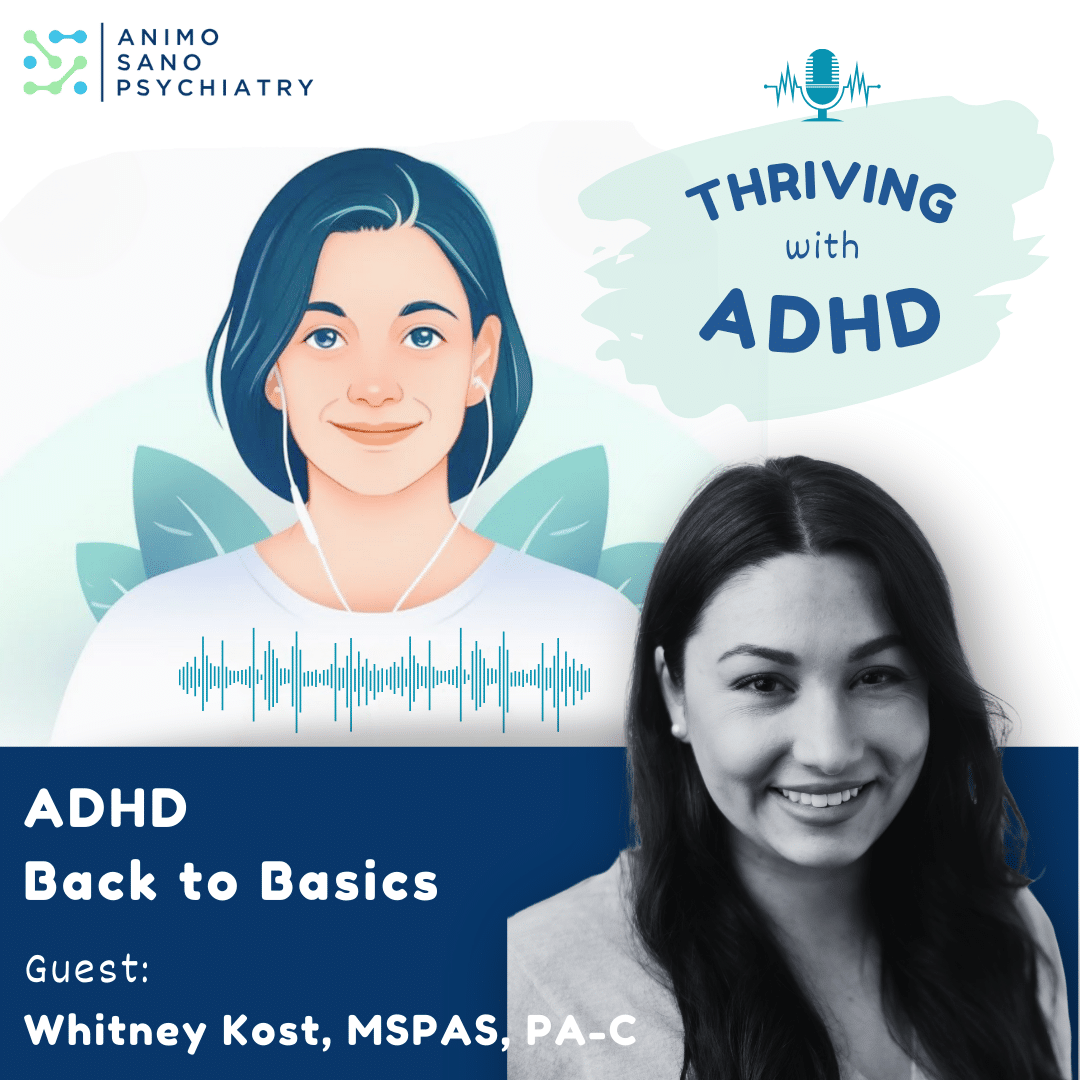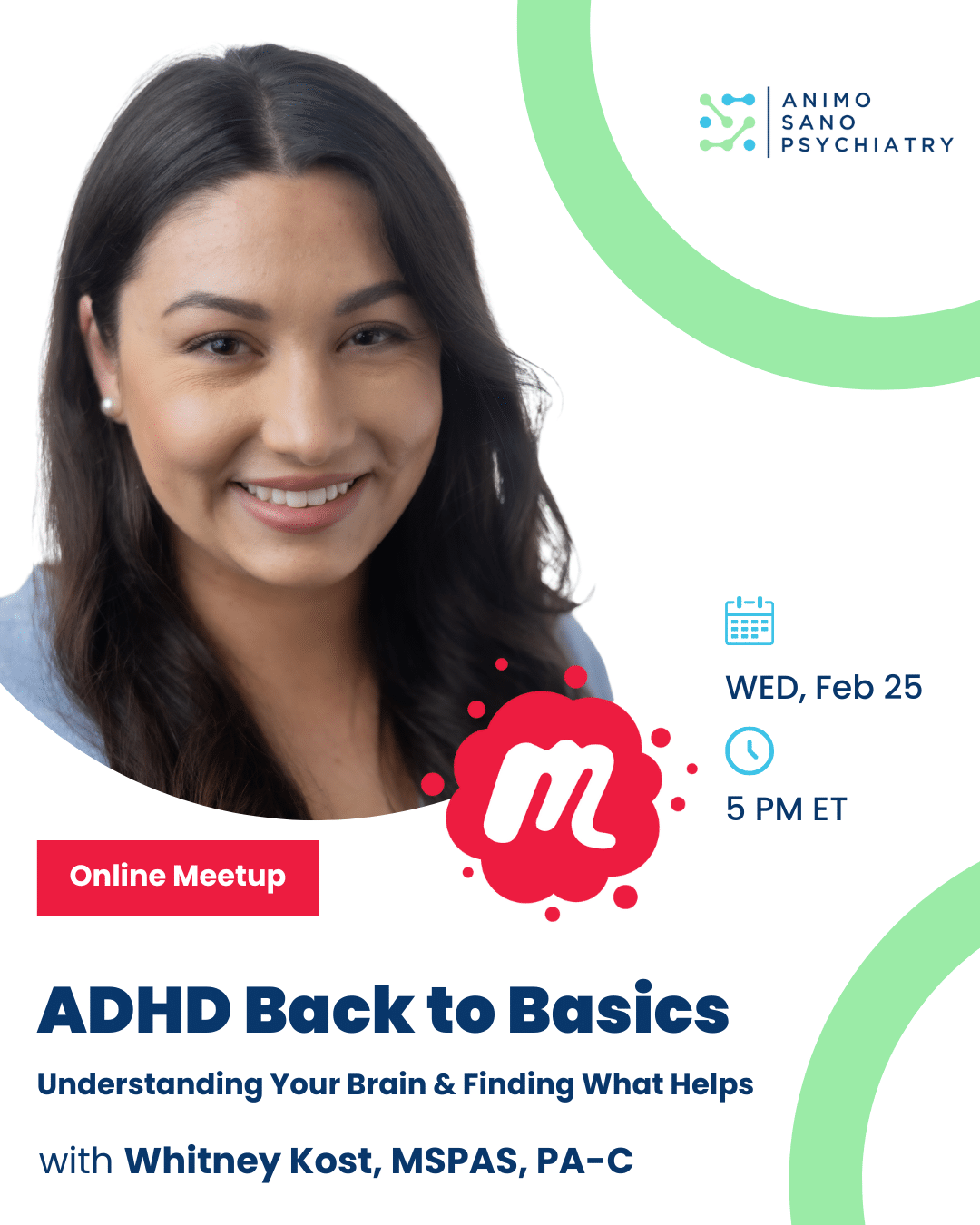
People with ADHD are 4 times more likely to develop eating disorders.It is estimated that 20% of children with ADHD will develop an eating disorder during their adolescence or early adulthood. For example, 30% of people with binge eating disorder have ADHD. Sometimes the symptoms of both diagnoses overlap and end up masking the other. In this article, we will talk about the connection between these two conditions and some scientific evidence around the topic.

Photo by Louis Hansel on Unsplash
Why ADHD coexists with eating disorders
There are several points at which ADHD and eating disorders converge:
- Dopamine is a neurotransmitter related to the regulation of eating behavior, motor activity, body image distortion, and reward processes. Studies suggest a link between ADHD, obesity, and binge eating disorder through dopaminergic neurotransmission, but the precise mechanisms and genetic connections remain not fully understood.
- It is believed that in people with ADHD, overeating is related to an attempt to stimulate their brains and that impulsivity and compromised executive functions make self-control difficult.
- ADHD inattention has been linked to binge eating disorder. The difficulty in attending to internal stimuli such as hunger or satiety favors the development of binge eating disorder. By delaying the time to eat, the person ends up eating larger amounts of food, impulsively and again with difficulties identifying when they are satisfied.
It is important to note that the strongest relationship between ADHD and eating disorders occurs with binge eating disorder, in which, unlike bulimia nervosa, there are no compensatory behaviors such as inducing vomiting or excess exercise. Even so, the relationship between ADHD and bulimia nervosa is frequent, while between ADHD and anorexia nervosa is less frequent.

Photo by Annie Spratt on Unsplash
In a study published in the Journal of Developmental and Behavioral Pediatrics, researchers followed girls and adolescents with ADHD over 7 years. The authors found that the most common co-occurring eating disorder was bulimia nervosa. The authors also linked impulsivity to the severity of bulimia nervosa.

Photo by Elena Leya on Unsplash
Another study published in 2015 and titled “The comorbidity of ADHD and eating disorders in a nationally representative sample” found that there is a relationship between the presentation of ADHD symptoms and those of eating disorders. In other words, those people who met all the diagnostic criteria for ADHD (clinical ADHD) also met all the diagnostic criteria for binge eating/purging behaviors and restrictive behaviors. People who met only some of the criteria for ADHD (subclinical ADHD) were also more likely to display subclinical binge/purge behaviors but did not display restrictive behaviors. These results apply to both the inattentive and hyperactive/impulsive forms of ADHD.
How to treat both conditions when they coexist?
To appropriately address a patient with ADHD who has developed an eating disorder it is important to have a multidisciplinary team. In addition to psychologists and medication management providers, such a team usually includes a nutritionist as well.

Photo by Caju Gomes on Unsplash
Defining a treatment plan where either of the two diagnoses is ignored, may be more likely to lead to treatment failure. Both the pharmacological and non-pharmacological approaches are different for both conditions, although cognitive behavioral therapy offers good results for both ADHD and eating disorders.
If you suspect an eating disorder, it is important to consult with a mental health specialist with experience in the diagnosis and treatment of ADHD. Detecting the coexistence of both conditions can lead to better therapeutic results and improve the patient’s prognosis.
Edited by: Maddison Henley, PA-C
Other Blog Posts in
Animo Sano Psychiatry is open for patients in North Carolina, Georgia and Tennessee. If you’d like to schedule an appointment, please contact us.
Get Access to Behavioral Health Care
Let’s take your first step towards. Press the button to get started. We’ll be back to you as soon as possible.ecovery, together.




